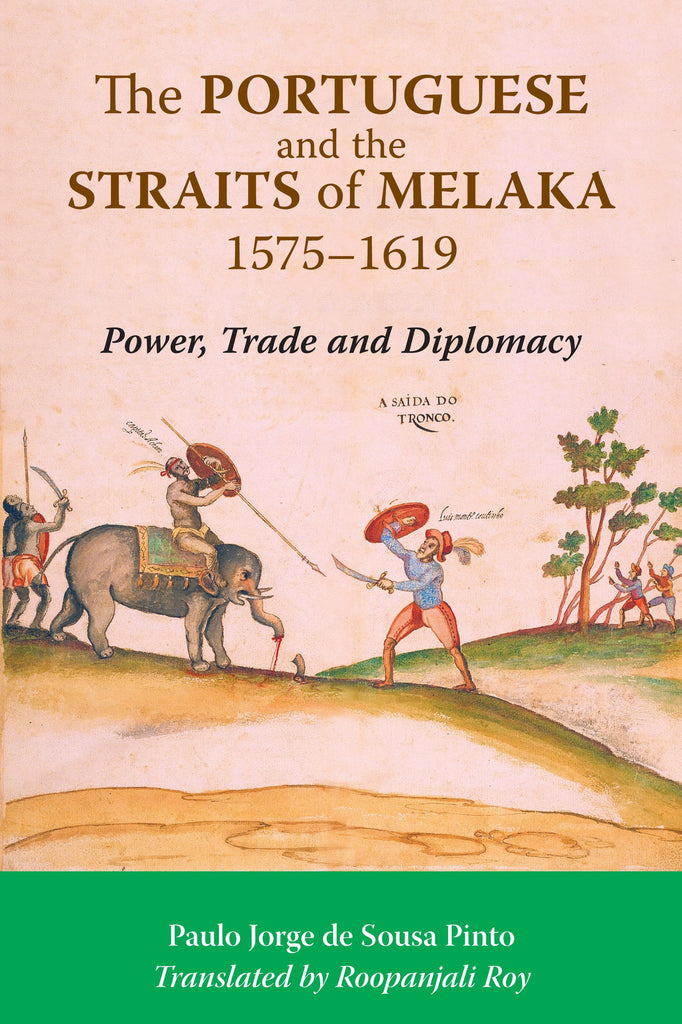The Portuguese and the Straits of Melaka, 1575-1619: Power, Trade and Diplomacy
$38.00 SGD
Following the fall of the Melaka Sultanate to the Portuguese in 1511, the sultanates of Johor and Aceh emerged as major trading centers alongside Portuguese Melaka. Each power represented wider global interests. Aceh had links with Gujerat, the Ottoman Empire and the Levant. Johor was a center for Javanese merchants and others involved with the Eastern spice trade. Melaka was part of the Estado da India, Portugal's trading empire that extended from Japan to Mozambique. Throughout the sixteenth century, a peculiar balance among the three powers became an important character of the political and economical life in the Straits of Melaka. The arrival of the Dutch in the early seventeenth century upset the balance and led to the decline of Portuguese Melaka.
Making extensive use of contemporary Portuguese sources, Paulo Pinto uses geopolitical approach to analyze the financial, political, economic and military institutions that underlay this triangular arrangement, a system that persisted because no one power could achieve an undisputed hegemony. He also considers the position of post-conquest Melaka in the Malay World, where it remained a symbolic center of Malay civilization and a model of Malay political authority despite changes associated with Portuguese rule. In the process provides information on the social, political and genealogical circumstances of the Johor and Aceh sultanates.
"...Sousa Pinto's work is a valuable addition to the field of history of Melaka in the early modern period." - Teddy Sim
"The documentary material in the last 100 pages of the book will be of particular interest to specialists in the history of the Malay world in this period, as they provide welcome new information for non-Portuguese readers...There follow 22 Portuguese letters and documents of the period, in English translation, which give the flavour of the time and place as nothing else can." - Anthony Reid
Paulo Jorge de Sousa Pinto teaches in Lisbon at the Catholic University of Portugal, where he is a researcher and Member of the Board at the Institute of Oriental Studies.
Publication Year: 2012
416 pages, 229mm x 152mm
ISBN: 978-9971-69-570-5, Paperback
NUS Press and Malaysian Branch of the Royal Asiatic Society

